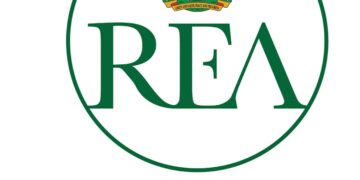The Civil Society Organisations on Community Advancement and Humanitarian Empowerment Initiative (CSCHEI) has faulted the new tax policy announced by the Presidential Committee on Fiscal Policies and Reforms, describing it as misguided and counterproductive.
The chairman of the committee, Taiwo Oyedele, had disclosed that the reforms, scheduled to take effect in January 2026, would require all Nigerians, including those earning from illicit activities such as prostitution and internet fraud, to pay taxes.
He explained that the law does not distinguish between legitimate and illegitimate income, stressing that all earnings are taxable under the reforms.
Reacting in a statement signed by its director-general, Kunle Yusuff, the CSOs warned that the policy risks undermining global and local efforts to curb cybercrime and other illicit activities.
“Instead of encouraging tax payments from those engaged in illegitimate ventures, the government should focus on shaping the minds of Nigerians positively and promoting opportunities in the digital economy that foster legitimate entrepreneurship,” the group stated.
CSCHEI urged Oyedele and his committee to work closely with the minister of Digital Economy in designing programmes that would redirect the energies of Nigerian youths from internet fraud into productive and lawful endeavours.
While faulting the tax initiative, the group commended the Economic and Financial Crimes Commission (EFCC) for its recent partnership with civil society organisations in creating anti-corruption awareness among tertiary institution students.
It encouraged the Commission to strengthen its preventive strategies rather than focusing solely on costly, reactive measures.
The statement further called on CSCHEI’s institutional members across 466 out of Nigeria’s 744 local government areas to integrate “Corruption Enlightenment Advocacy” into their activities.






